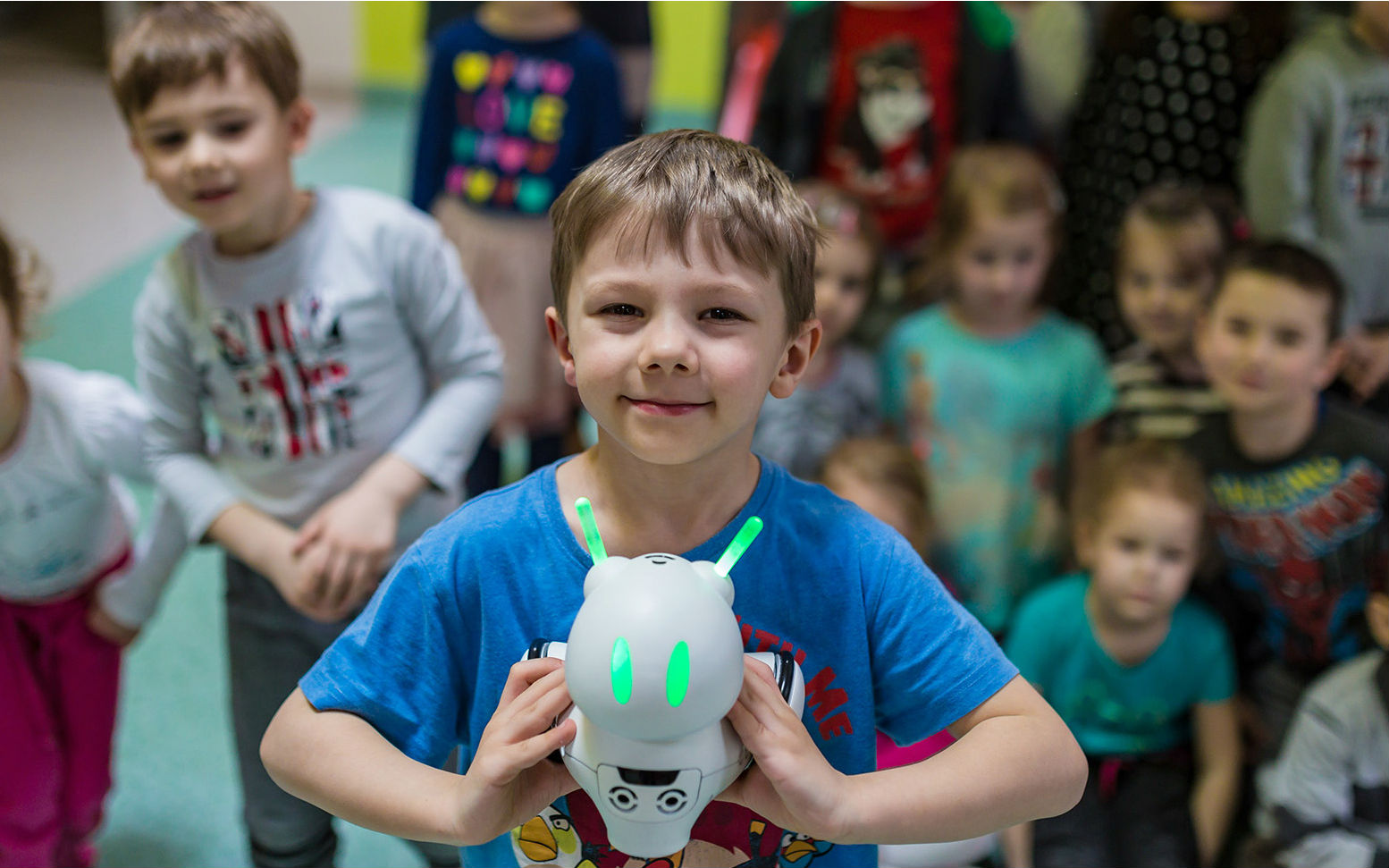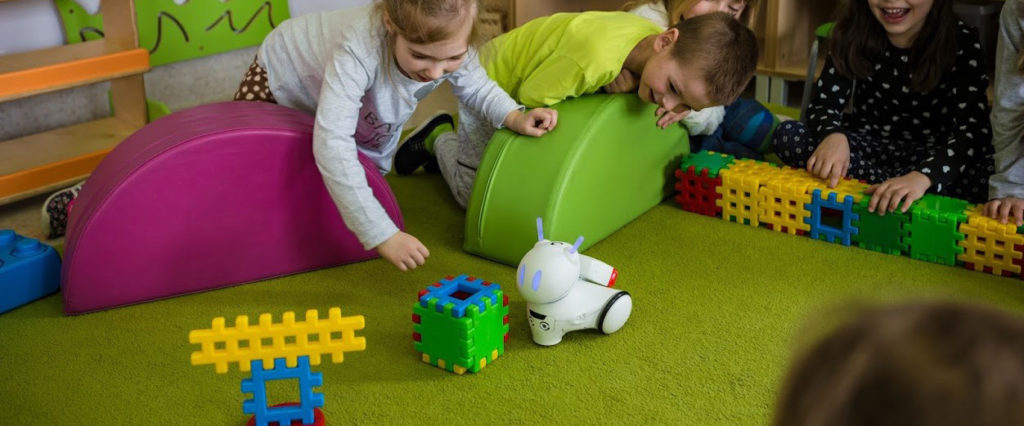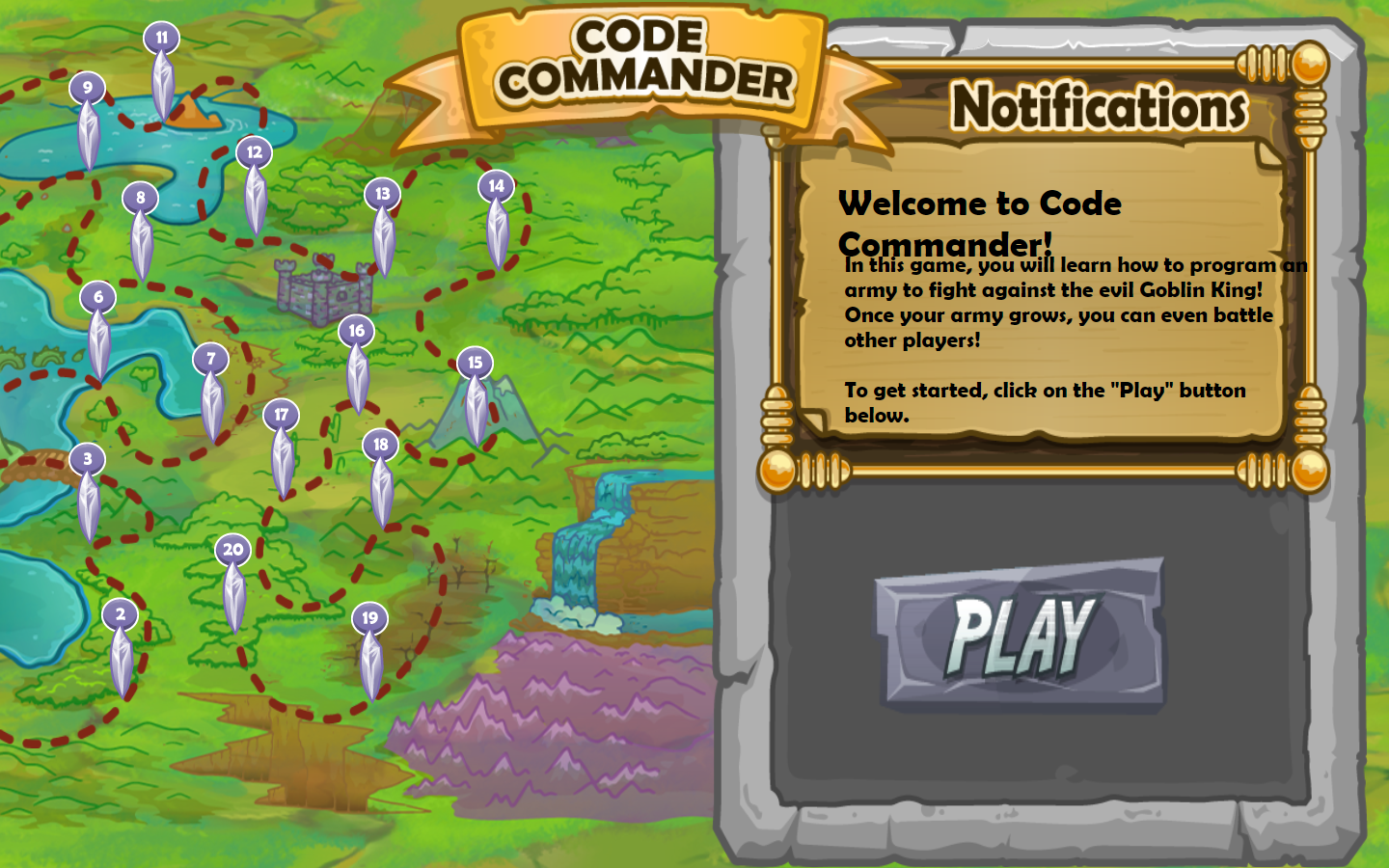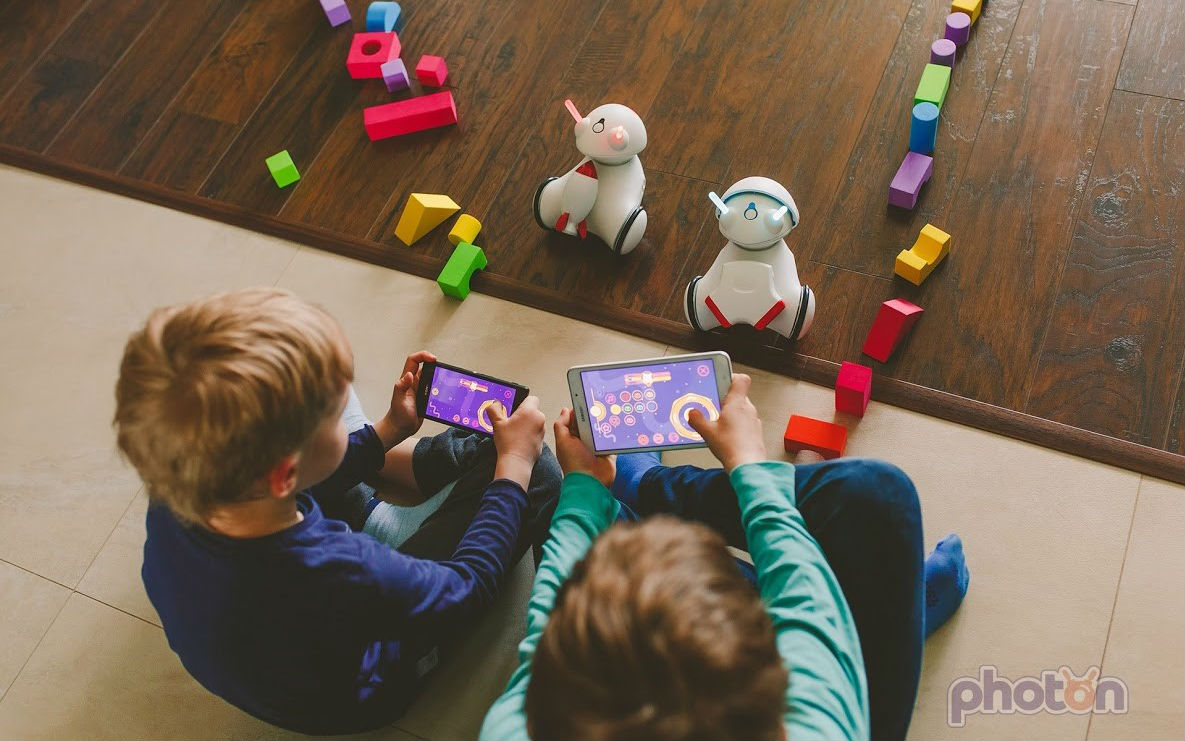
Can Toy Robots Save Your Child From Wasting Time Online?
In the era of Minecraft, YouTube and Snapchat is there any chance that educational toys could change the way our kids spend their time? We live in the age where the amount of hours wasted on smartphones and computers can be measured in more than one digit. Even though we may be guilty ourselves, our children bring even more attention. Brought up with digital smartphone nannies they quickly learn how to use the latest technology and proceed to fill their time with it. While healthy when used properly, it’s really easy to overdose. And the consequences may be much more harmful that they seem at first glance.
The Numbers Are Growing
According to BBC average child tends to spend over six hours a day staring at various screens from his or her tablet to a TV, often totaling over 45 hours weekly. This number is increasing every year and seems to have been doubled over the past two decades. Same goes for the amount of time spent playing video games. A quarter of children admits to be addicted to online gaming. Other studies prove that almost one in three kids owns a tablet device. Same goes for smartphones. The number changes depending on the location, with East Asian countries like South Korea or Japan taking the lead. According to Medical Daily, 92% of children go online every day, and a quarter admits to stay online at all times.
Falling On Deaf Ears
While all these numbers may sound alarming, many of us have a hard time realizing their importance. Media are often preachy about this subject and tend to attack a new medium with each generation of children. For many of us it was the TV. Other decades had their comic books. I wouldn’t be surprised if even in the prehistoric era tribe elders were scolding children for wasting too much time playing with stone tools. Overexposure to such opinions makes us deaf and often realize the problem after it gets too far.
While many companies advertise modern technology, educational toys and YouTube channels as beneficial for children, the truth often proves to be quite far from that sentiment. Spending an increasing amount of time online often leads to procrastination and loss of interest in the real world.
Effects on Psychology
Children tend to be used to communicating via text messages more than ever before. Nowadays, even a 94% of daily communication among them takes place via apps and text messages. Many child specialized psychologists claim that overexposure to online activities can cause social anxiety and make it harder to adapt to living with other people. This often leads to decrease in social skills, depression and deepening the internet addiction. Even if it may feel harmless at first, psychological defects developed at such young age may be really hard to treat in the future and require years of therapy.
Effects on the quality of sleep are also worth noting. Children often get distracted by online messages and video games which results in shortening their total sleep hours and leading to increasing anxiety and problems with concentration at school.
Health Issues
Effects of spending too much time on smartphones and computers can also be quite damaging to health. Eyesight is easily one of the first victims that come to mind. More and more young people have to wear glasses and contact lenses before even going to high school. According to a study from Netherlands, almost a 10% of kids aged 4-12 wear glasses, while their older (12-16) friends reach almost 25% in this category. The problem also seems to be worsening every year and is tightly related to the popularization of smart devices and computers among the youngest audience.

Child Obesity is another elephant in the room, often ignored until it gets too far. Online services allow for entertainment and communication without the need of leaving one’s own house. In the 2011-2012 period almost a third (31.8 percent) of children were either overweight or obese. The mindset that you can have equal fun while staying at home and not engaging in social interaction is often the cause for this state of things. While these numbers don’t seem to go higher and have been stabilized for over 10 years, there are no indications of them going lower anytime soon.
School and Future Opportunities
The way technology affects education is often misinterpreted and leads to heavy misuse. Sure, top notch audio video tools can be great in learning more about the world or getting access to libraries without leaving home on a rainy day. More and more studies like a recent report by OECD confirm however, that access to technology doesn’t necessarily warrant an increase in school grades, or can even make them worse. Students who spend lots of time on their computers, usually score lower than ones that don’t.
Why does that happen? The first answer would be the amount of procrastination. Even though a kid is attempting to study while using a PC, all social networks and attractive websites keep on taking his or her focus away. Additionally, many programs and websites devoted to education feel boring and don’t keep the kid’s attention for too long.
Spending lots of time online may improve foreign language or computer skills, but these increases are usually not equal to the amount of time spent looking on the PC or smartphone screen. In the current society, skills demanded the most are ones that require more work than just sitting and gazing at your 23’’ LCD.
So, What Can Be Done?
Is technology evil? Should it be burned on a stake? You’re probably not expecting to read such an opinion on a tech themed blog and you’re correct. We believe technology is in fact amazing for kids. The problem is how we allow our dearest to digest it. As hard as it may be to admit, we’re the ones responsible for how they use it and how they perceive it.
Many specialists recommend making computer time a reward. Whether one completes a house chore or finishes homework, he or she is rewarded by a previously set amount of time by the computer. Here, a set of programs limiting the use of PC can be a great help. You can easily find these on the Internet, and make them allow only for a certain amount of minutes or hours a day. Most psychologists recommend two hours at most as anything over that may lead to addiction and have negative effects on mental and physical health.
It’s also good to track how your child spends time online and decide if it’s harmless and beneficial. Here, having a look at their browsing history from time to time may be helpful. Just remember not to overstep on their privacy.
Our Solution
An alternative idea is to incorporate technology into healthy activities in a creative way. As of now, the market of educational toys is slowly starting to grow. More and more parents get interested in these, and in few years we may expect a huge influx of tech gadgets aimed at educating our beloved ones.
Photon, our robot, is one of such toys. Aimed at kids 6-12 years old, it’s supposed to teach them the basics of programming – a skill which invariably ranks among the most sought-after job qualifications in the modern market. It’s also expected to be of huge value in the less IT related businesses, where even a smaller amount people have any idea about programming. Learning how to code as such a young age does not only increase chances of successful career but also improves the ability to think logically.

What separates Photon from other educational activities is the fact, that it can be played with outdoors. Children operate the robot using smart devices and the toy itself encourages them to healthily cooperate. Spending time like that can be extremely beneficial and lead to interesting social interactions as well as acquiring a variety of skills useful in adult life.



